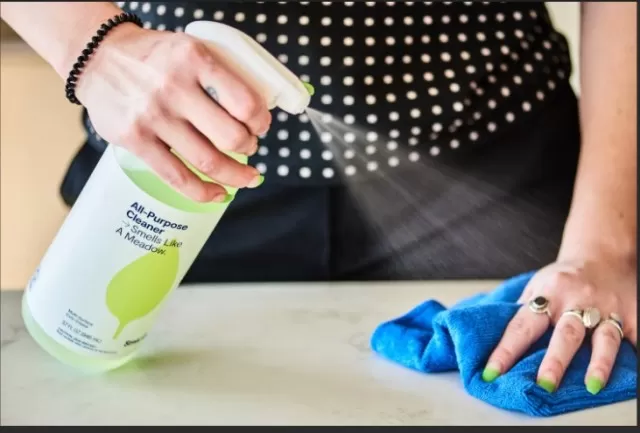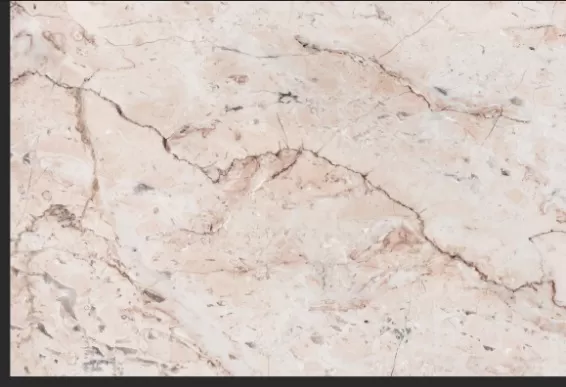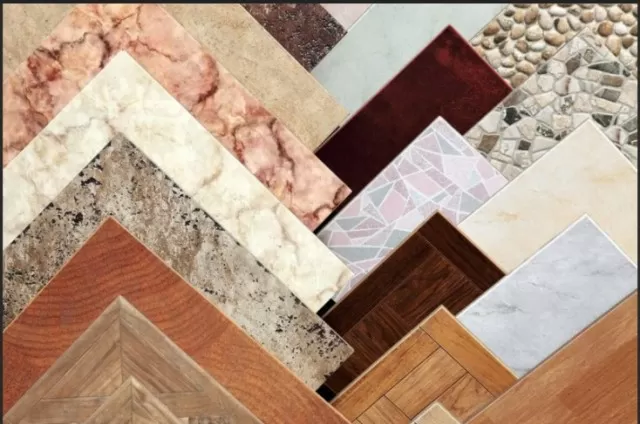Things You Should Never, Ever Clean With Vinegar. While vinegar is often hailed as a versatile and eco-friendly cleaning solution, it’s essential to recognize that it can have a detrimental effect on certain surfaces in your home.
Here’s a list of surfaces that should be kept far away from vinegar to prevent potential damage. When it comes to cleaning with vinegar, it’s essential to know where it’s safe to use and where it’s best to opt for alternative cleaning methods to preserve the integrity and appearance of your surfaces
Versatile, Yet Limited: The Potential and Pitfalls of Vinegar in Household Cleaning

Vinegar often garners praise as a versatile disinfectant, its reputation echoed by numerous bloggers and glossy magazines.
Indeed, when diluted with water, vinegar can serve as an effective cleaning solution for various surfaces within the home. Nevertheless, while vinegar excels in specific cleaning scenarios, such as descaling coffee makers, it falls short when confronted with stubborn, ingrained dirt, and it can even pose a threat to certain surfaces.
In this article, we’ll explore the situations where vinegar shines and those where it should never be used.
Before delving into the particulars, it’s crucial to heed a word of caution.
Some individuals mistakenly assume that combining vinegar with other cleaning products will enhance its cleaning prowess, but this is rarely the case. In reality, mixing vinegar with certain substances, such as bleach, can produce hazardous gases.
The key takeaway: refrain from haphazardly blending cleaning products and always exercise prudence when deploying multiple cleaning agents simultaneously. Your safety is paramount.
Preserving Your Prized Kitchen Knives: Why Avoiding Vinegar Is Essential
When it comes to maintaining your cherished collection of high-quality kitchen knives, taking a cautious approach is paramount.
Using vinegar to clean these culinary tools is an ill-advised choice, and here’s why: the acid in vinegar has the potential to corrode the metal, leaving your knives susceptible to damage and causing their edges to lose their sharpness. To ensure the longevity and peak performance of your knives, opt for a safer alternative by washing them with gentle soap and warm water. Moreover, always make it a point to meticulously dry them before stowing them away, thus safeguarding their pristine condition for many delicious meals to come.
Caring for Your Marble Elegance: A Cautionary Tale of Avoiding Vinegar

Maintaining the pristine beauty of marble countertops demands a level of care and attention befitting their exquisite nature.
When it comes to cleaning these luxurious surfaces, veer clear of vinegar at all costs. The reason is simple but critical: vinegar’s acidity can instigate a chemical reaction with the natural composition of marble, resulting in unsightly defects on the surface.
What was once a resplendent Carrara marble countertop can, with the improper use of vinegar, transform into a pitted, lackluster eyesore.
To safeguard the enduring allure of your marble, adhere to a gentler approach.
Employ a mild soap and a damp cloth for routine cleaning, ensuring the preservation of its timeless elegance. Furthermore, steer clear of bleach and other harsh chemicals, as they too can jeopardize the integrity of your precious marble, robbing it of its grandeur and luster.
A little caution in your cleaning routine will ensure your marble remains a stunning centerpiece in your living space.
Preserving the Splendor of Granite: The Vinegar-Free Approach
While granite boasts remarkable durability and timeless appeal, it harbors a sensitivity to certain cleaning agents, particularly vinegar.
The allure of granite countertops can fade when exposed to vinegar, as it has the potential to dull their once-dazzling shine over time. This is a cautionary tale for those who wish to maintain the luster of their granite surfaces.
Equally crucial to bear in mind is that, despite granite’s renowned sturdiness, it remains susceptible to the effects of acidic substances—this includes acidic foods.
The aftermath of such encounters may manifest as unsightly marks known as etching, etching that can only be rectified through meticulous sanding and polishing. Therefore, it’s wise to exercise care and caution when dealing with granite, choosing a cleaning regimen devoid of vinegar to ensure your granite countertops continue to stand as beacons of enduring elegance in your home.
Ceramic Tiles: Keeping the Luster Without Vinegar

The key to preserving the pristine allure of your ceramic tiles, whether adorning your floors, walls, or backsplash, lies in swift action against splatters and dirt.
By addressing stains promptly, you prevent them from setting or hardening, thus safeguarding the enduring beauty of your ceramic surfaces. However, in the haste to tackle spills, it’s crucial to steer clear of vinegar.
When confronting those accidental messes, opt for a different ally: hot water paired with a gentle Dish Soap.
While many ceramic tiles can withstand the acidic nature of vinegar, it’s important to note that this liquid can potentially compromise the integrity of grout and erode the finish on tiles over time. Prior to utilizing any soap or detergent, consult the manufacturer’s guidelines to ensure the product is recommended for tile cleaning, as a precautionary measure to keep your ceramic tiles gleaming for years to come.
*The information is for reference only.